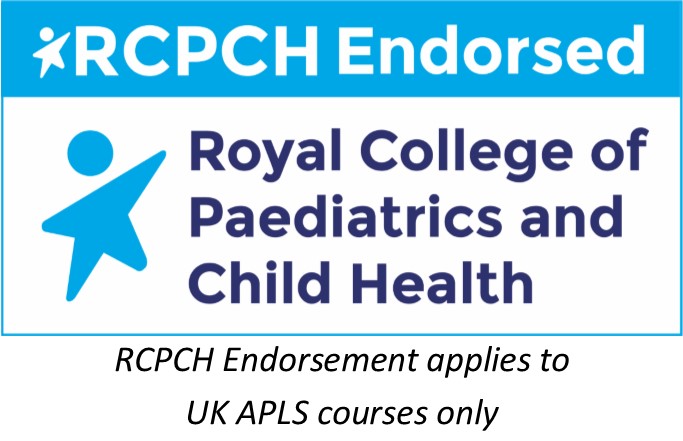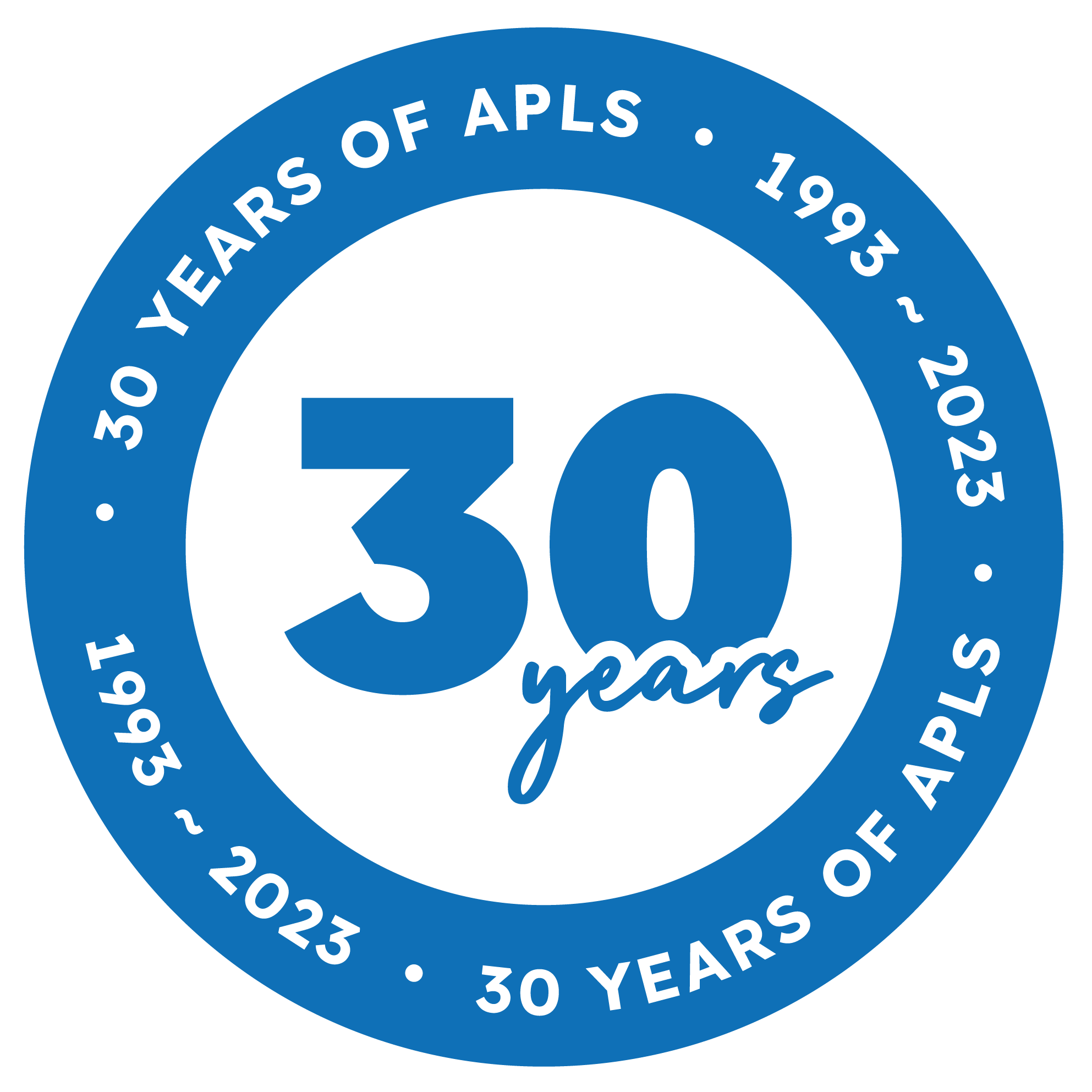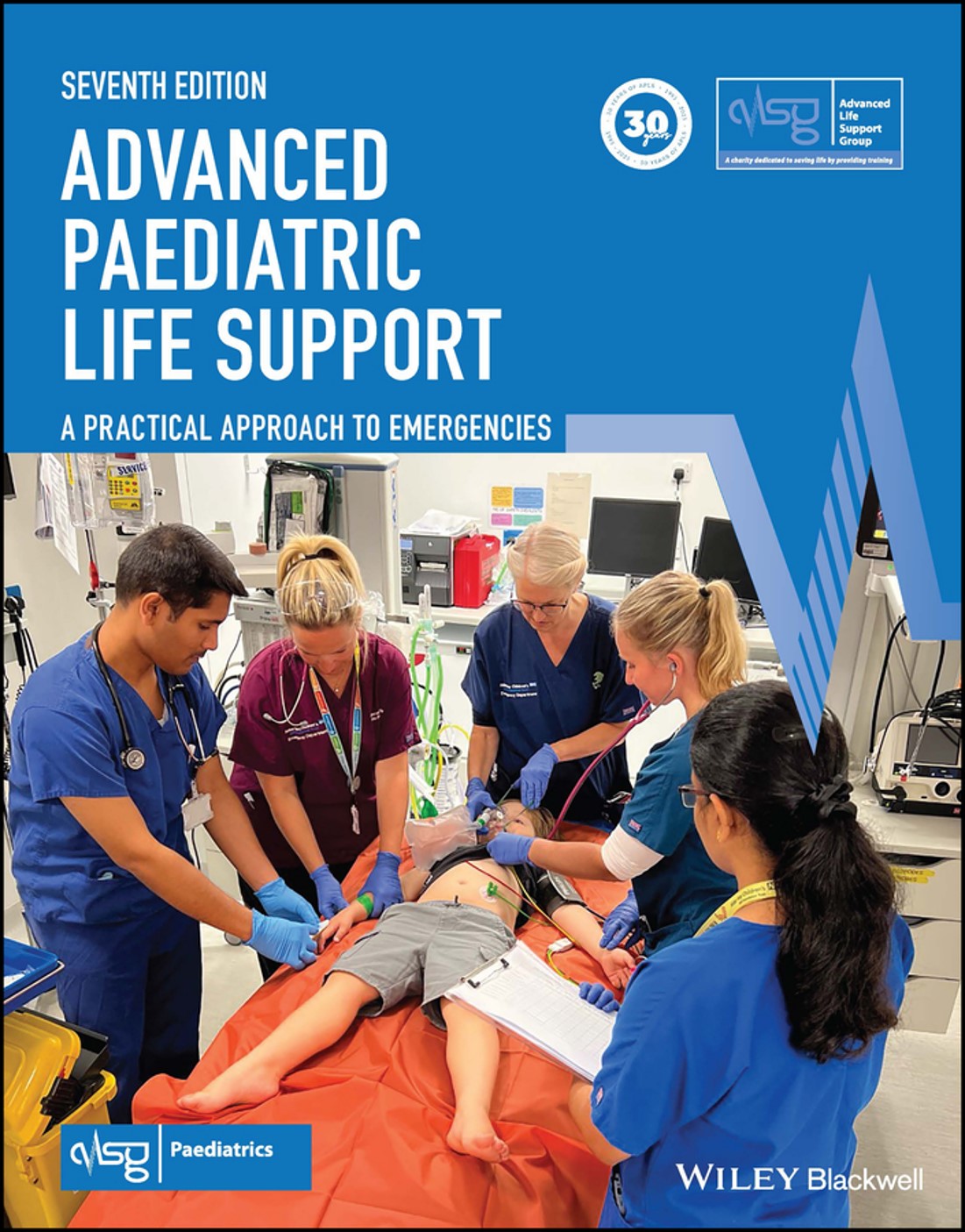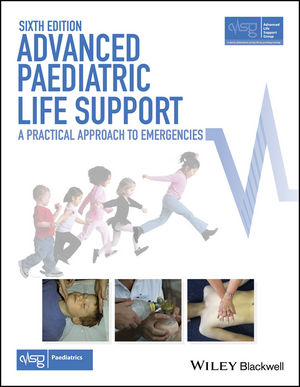
Emneoversigt
-
Click the most applicable for information on running ALSG courses
As an existing course centre, you already know you are offering quality, standardised courses to your candidates. But many centres don't realise how easy it would be to offer a larger range of courses using the existing instructor base. ALSG instructors are already eligible or can easily convert to instruct on other ALSG courses. For example:
- APLS instructors are eligible to instruct on PHPLS and PLS courses
- MOET instructors can convert to POET instructors by completing the POET on line learning
It may therefore be easier than you thought to run other ALSG courses with the instructors in your area.
If you are interested in running other ALSG courses, we have provided a copy of the Programme, Regulations, Equipment list and Order Form for each course below for your information.
ALSG and individual course Working Groups support the establishment of new course centres and there are several models available. The ALSG models provide course centres with:
- Comprehensive internationally recognised, standardised, course packages including all teaching and assessment materials, organisational materials and a web-based on-line course management system
- Access to a network of over 9,500 recognised instructors worldwide
- Access to working groups of nationally and internationally recognised clinical and educational experts
- Membership of a global network of over 250 course centres in 37 countries on 5 continents
- Administrative support and advice via the ALSG Global HQ in Manchester
- A flexible approach to differences in approach in different countries
All ALSG courses have a core model and you can read more about how to run one of our courses here. We have provided a copy of the Programme, Regulations, Equipment list and Order Form for each course below for your information.
ALSG and the individual Working Groups are happy to support countries that wish to start a national training programme to deliver any ALSG course and we have two delivery methods to allow us to achieve this. Each of the two methods carry different responsibilities for ALSG and the course centre; these are detailed in this responsibilities document.
The two delivery methods are as follows:
- Demonstration course
For this method, ALSG will arrange and facilitate a course as requested. Countries will not be able to run future courses unaided by ALSG after a Demonstration course. We would only suggest this approach if you are not certain that the provider course is appropriate or if you do not have an on-going training need or if you need a GIC after running your own provider courses for some time.
- Provider course self-sufficiency leading to GIC self-sufficiency
This is the method that we have found to be most successful in establishing courses overseas. It involves a group of experienced instructors from the UK travelling to your centre overseas, to run a provider course for anticipated instructors followed by a GIC course for those same candidates, followed by two provider courses in which they will teach as an instructor candidate.
For further information on the above delivery methods, please click here to download the full document
-




The APLS course provides the knowledge and skills necessary for recognition and effective treatment and stabilisation of children with life threatening emergencies, using a structured, sequential approach. The course is taught, and it's principles, are practised throughout the world, with over 83,000 candidates who have completed the course since its inception in 1993.
The APLS 7e course is delivered in the UK as a 2-day face-to-face course, plus an additional one day flexible online component (VLE).
Candidates who attend the course include Consultants, Advanced Nurse Practitioners and Resuscitation Training Officers from Accident & Emergency, Anaesthetic and Paediatric departments.
2-day F2F Programme 2-day F2F Regulations Equipment list Price list APPLY HERE
 The 1-day recertification course has been designed for those candidates who have already undertaken the APLS course and after 4 years wish to recertify.
The 1-day recertification course has been designed for those candidates who have already undertaken the APLS course and after 4 years wish to recertify.
Programme Regulations Equipment list Price list APPLY HERE
PLS exists to teach the practical procedures necessary for the initial effective management of childhood emergencies. The 1-day PLS course is generally run on an in-hospital basis. The course comprises of lectures, skills stations, workshops and resuscitation simulations.
Candidates who attend this course include Doctors, Nurses, RTOs and all professions allied to medicine (PAMS).
Programme Regulations Equipment list Price list APPLY HERE